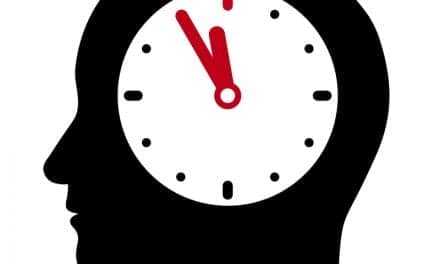Sleep deprivation in the first few hours after exposure to a significantly stressful threat actually reduces the risk of Post-Traumatic Stress Disorder (PTSD), according to a study by researchers from Ben-Gurion University of the Negev (BGU) and Tel Aviv University.
The new study was published in the international scientific journal, Neuropsychopharmacology. It revealed in a series of experiments that sleep deprivation of approximately 6 hours immediately after exposure to a traumatic event reduces the development of post trauma-like behavioral responses. As a result, sleep deprivation in the first hours after stress exposure might represent a simple, yet effective, intervention for PTSD.
In the experiments, rats that underwent sleep deprivation after exposure to trauma (predator scent stress exposure) later did not exhibit behavior indicating memory of the event, while a control group of rats that was allowed to sleep after the stress exposure did remember, as shown by their post trauma-like behavior.
"As is the case for human populations exposed to severe stress, 15 to 20 percent of the animals develop long-term disruptions in their behavior," says study author, Prof Hagit Cohen, director of the Anxiety and Stress Research Unit at BGU’s Faculty of Health Sciences. "Our research method for this study is, we believe, a breakthrough in biomedical research."
A pilot study in humans is currently being planned.




